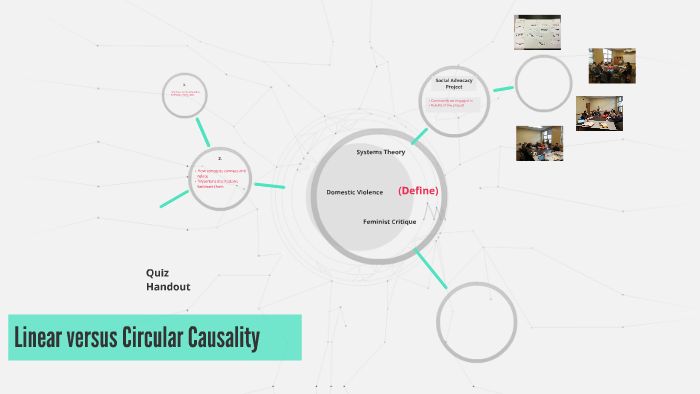

Received: ApAccepted: SeptemPublished: November 12, 2018Ĭopyright: © 2018 Ghoshray et al. PLoS ONE 13(11):Įditor: María Carmen Díaz Roldán, Universidad de Castilla-La Mancha, SPAIN

Thus, by employing the Flexible Fourier form we find the conclusions can be quite different.Ĭitation: Ghoshray A, Mendoza Y, Monfort M, Ordoñez J (2018) Re-assessing causality between energy consumption and economic growth. This is contrary to the linear analysis, suggesting that lowering energy consumption would adversely affect US economic growth. From our results we can conclude that, where the linear methodology supports the neutrality hypothesis (no causality between energy consumption and growth), the Flexible Fourier form points to the existence of causality from energy consumption to growth.

The analysis focuses on the US over the period 1949 to 2014. In this paper, we aim to overcome both limitations by analysing the energy consumption-growth nexus using a Flexible Fourier form due to Enders and Jones (2016). First, the use of bivariate models, which fail to detect more complex causal relations, or the ad hoc approach to selecting variables in a multivariate framework and, second, the use of linear causal models, which are unable to capture more complex nonlinear causal relationships. These inconsistent results can be explained by two important limitations of the literature. Policy implications are also discussed.The energy consumption-growth nexus has been widely studied in the empirical literature, though results have been inconclusive regarding the direction, or even the existence, of causality. However, empirical evidence on Philippines and Singapore reveals a unidirectional causality running from economic growth to energy consumption while energy consumption may have affected economic growth for Taiwan, Hong Kong, Malaysia and Indonesia. This study finds evidence supporting a neutrality hypothesis for the United States, Thailand, and South Korea. In this study, both linear and nonlinear Granger causality tests are applied to examine the causal relationship between energy consumption and economic growth for a sample of Asian newly industrialized countries as well as the U.S. Previous studies have ignored the nonlinear behavior which could be caused by structural breaks. Policy implications are also discussed.ĪB - The relationship between energy consumption and economic growth is considered as an imperative issue in energy economics. N2 - The relationship between energy consumption and economic growth is considered as an imperative issue in energy economics. T1 - Economic growth and energy consumption revisited - Evidence from linear and nonlinear Granger causalityĬopyright 2008 Elsevier B.V., All rights reserved.


 0 kommentar(er)
0 kommentar(er)
